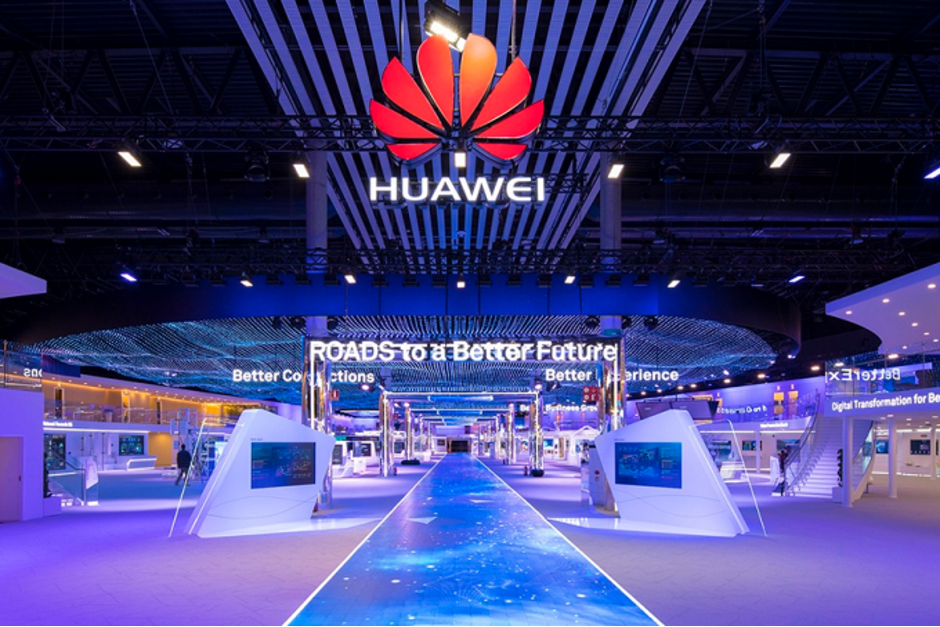Germany has said it will allow Huawei to build 5G infrastructure in their country if the Chinese telecommunications giant meets security requirements.

The info was revealed by Jochen Homann, the head of Bundesnetzagentur- Germany’s Federal Network Agency, in an interview with the Financial Times. Mr. Homann said no equipment suppliers “should, or may, be specifically excluded.”. He added that they haven’t found proof of Huawei being a security risk.
He also revealed that banning Huawei will affect Deutsche Telekom and its rivals which all work with Huawei technologies already. If they were to prevent Huawei from joining the race, it will slow down the roll-out of the new network technology.
The US which has banned Huawei from setting up 5G infrastructure in the States is urging its allies to do the same. While some like Australia, Japan, and New Zealand have followed suit, others like the EU have ignored the request. The US says it will reduce intelligence sharing with Germany if they allow Huawei to build their 5G equipment.
The UK, on the other hand, has confirmed there are indeed security risks, such as “poor software engineering” and a lack of “cybersecurity hygiene” which puts the networks at risk by anyone who can take advantage of them and not just the Chinese state government. However, it hasn’t issued a ban on the communications equipment manufacturer.
Germany is proposing a unified global convention is established that prevents all equipment suppliers from installing backdoors and also requires them to sign a no-spy agreement. CEO of Huawei, Ren Zhengfei said they are in support of the no-spy agreement with Germany in an interview on CNBC.
READ MORE: Huawei P30 & P30 Pro sales coast past 200 million yuan in 20 seconds
In other news, Huawei had a conference today in Shenzhen where it revealed that it had won 50 5G network commercial contracts, 10 more than last year’s commercial 5G contracts. Hu Houkum, the vice chairman of Huawei said at the event that he believes 5G is faster than expected and he predicts it will have up to 500 million users in three years. This will be a faster adoption rate than 3G and 4G which took 10 years and 5 years respectively to reach that figure.







